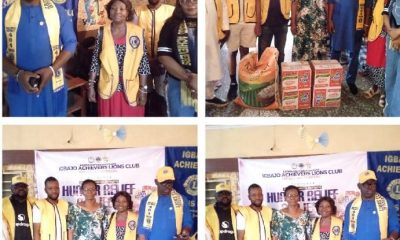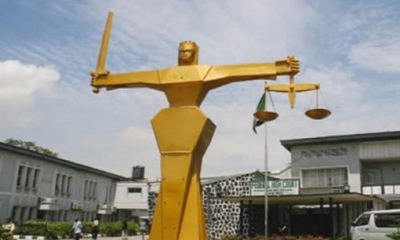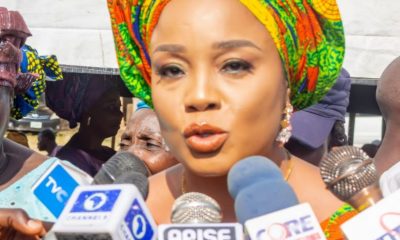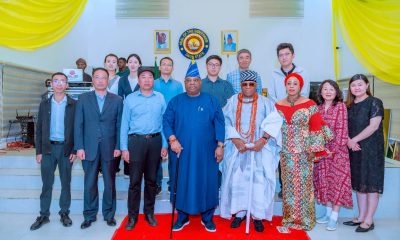Opinion
Osun: The Questions Before The Appeal Court And The Bearing On Nigeria’s Democracy By Sarafa Ibrahim
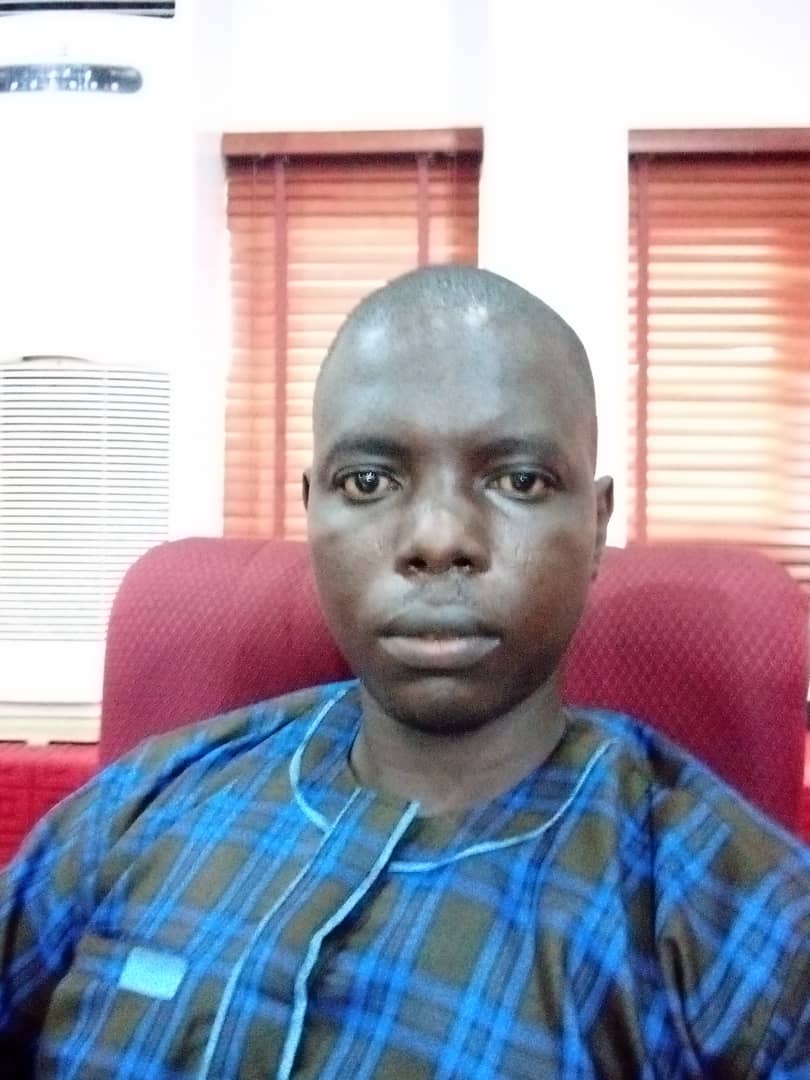
On Monday, parties in the Osun governorship tussle will appear before the Appeal Court sitting in Abuja to present their cases for adjudication by the panel of the appellate court. All eyes will be on the panel as its decision resonates beyond Osun but the fate of the country’s democracy as it revolves around the power of the people to choose their leaders.
At the Tribunal, the very foundation of democracy came under fierce attack as Justice Tertse Kume introduced a dangerous logic that challenge the rights of the people in a democracy. In determining the question of over-voting, which was one of the grounds of the petition raised against the return of Senator Ademola Adeleke as the winner of the July 16 governorship election, Justice Kume controversially relied on a server report as against the BVAS machines report that did not agree with the claim of Gboyega Oyetola and his party, the All Progressives Congress (APC).
It is common knowledge that over-voting only arises when the number of votes exceeds the accreditation number in the conflicting polling unit. And if justice is the interest of the court, the only way to determine this is to look at the materials used at the polling unit, especially the BVAS machines that were used for accreditation. This was however ignored by Justice Kume who rather went for a server report that was accessed in Abuja.
It is interesting to note that the BVAS machines used for accreditations at the polling units were placed before the Tribunal yet Justice Kume ignored it. By law and logic, the BVAS machines hold far prominence in establishing over-voting in an election considering the fact that it is the very source where the accreditation figure emanated from. Without the BVAS machines that accredited voters at the polling units, there would not be any data to harvest from a server based in Abuja, which is a secondary source of evidence.
In a recent viral video, the President of the Nigeria Senate, Ahmed Lawan, could be seen providing clarity on the Electoral Act 2022 passed by the National Assembly, and how only BVAS machines hold the key to determining the valid result in an election. “In the Electoral Act (2022) that we passed, there is nothing like an electronic transmission. Because transmission is when you vote and it goes to the server. What we have passed and I recollect this vividly because I read that act when it was a bill several times, it was to transfer after all the paperwork we normally do are done. The agents, and everybody there, the security, everybody will have the papers. INEC will snap the or scan, will scan the result sheet, and transfer, transmit or transfer or whatever it is. That, whatever it is transmit or transfer, is that thing that is captured with BVAS, the result.”
Interestingly, APC agents in the entire units it contested signed the result generated after the election. And none of them was taken to the court by the APC to disown the result of their polling unit nor claim they signed the result under duress. Perhaps it would be a hard sell to discerning Nigerians as it is common knowledge that political party agents are exposed to information on the BVAS machines before the commencement of election and upon conclusions, before they append their signatures to the result sheet.
What Oyetola and the APC try to do, is to manipulate the judiciary into awarding a mandate it did not even to it. This was well pointed out by Justice B.A Ogbuli, who in dissenting from the majority decision, held that “A critical evaluation of material evidence tendered in this petition will reveal that exhibit RWC is the data directly extracted by the virtue of the Order of this Court, from exhibits R.BVM 1–199–R.BVM 1-51, which are the actual machines used at the 16th July, 2022, Governorship Election, the subject matter of this petition.”
Justice Ogbuli who reinforced the superiority of BVAS machines, as the primary source of evidence for accreditation data, added that “The point I am making is that the BVAS Machines itself is the primary source of data to be used in determining exactly what transpired at the polling units on the day of the election in respect to accreditation of voters. Exhibit R.BVM 1–199–R.BVM 1-51 are the machines themselves which were tendered and, by the record of the Tribunal, were admitted and taken as demonstrated.”
“Exhibit RWC which is a report of the physical inspection of the BVAS Machines, is, therefore, the most preferred document that will decide the contest between the parties, as per over-voting. It is the actual data/information on the BVAS Machines themselves (exhibits R.BVM 1–199–R.BVM 1-51).
“It is remarkable to note that the Petitioners did not controvert the exhibit R.BVM series and the report of the physical inspection of them, exhibit RWC. They stand unchallenged. It will be, to say the least, most preposterous to jettison exhibit RWC or to regard, as suggested by the Petitioners, exhibit R.BVM series as “lame” or “dumb” exhibits.
“Exhibit RWC is a document made from the primary source which are the machines used on the Election date, 16th July, 2022. The entries on exhibit RWC are in existence and were there on the machines on the date of the election. Any wonder Sections 64(4),(5) and (6) Electoral Act 2022, have recognized BVAS Machine itself as a key material to be used in collation of results and in resolution of any dispute arising there from.”
It is clear from the foregoing that the BVAS machines hold the key to deciding the true accreditation figures in an election or else, the court will come to a wrong conclusion, and as a result, cheat the people of the rights to determine who leads them. A few minutes ago, my attention was drawn to a question by Mr. Ismail Omipidan, the Spokesman of Oyetola, on what basis was Governor Adeleke declared winner of the July 16 election when synchronization of accreditation data on the INEC server was yet to be undertaken.
From the look of things, it is clear enough that Mr. Omipidan has a wrong idea about the law guiding the announcement of results in an election. Section 25 (1),(2), and (3) of the Electoral Act 2022 provided clear processes for results of an election to be announced and a winner declared. No part of that section provides for a server report as being contended by Mr. Omipidan. For the purpose of public education, I have reproduced the provision below:
“25.(1) The results of all the elections shall be announced by the—
(a) Presiding officer at the polling unit;
(b) Ward Collation Officer at the registration area or Ward Collation
Centre;
(c) Local Government or Area Council Collation Officer at the Local
Government or Area Council Collation Centre; and
(d) State Collation Officer at the State Collation Centre.
(2) The returning officer shall announce the result and declare the winner
of the election at—
(a) Registration Area or Ward Collation Centre in the case of
Councillorship election in the Federal Capital Territory;
(b) Area Council Collation Centre in the case of Chairmanship and
Vice Chairmanship election in the Federal Capital Territory;
(c) State Constituency Collation Centre in the case of State House of
Assembly election;
(d) Federal Constituency Collation Centre in the case of election to
the House of Representatives;
(e) Senatorial District Collation Centre in the case of election to the
Senate;
(f ) State Collation Centre in the case of election of a Governor of a
State;
(g) State Collation Centre in the case of a Presidential election; and
(h) National Collation Centre in the case of election of the President.
(3) The Chief Electoral Commissioner shall be the returning officer at the
Presidential election.”
Perhaps Mr. Omipidan can tell Nigerians if the results that were used to declare Asiwaju Bola Tinubu as President-elect by the INEC were drawn from a server. Or, he’s saying server is only necessary for the Osun governorship and not in the presidential election won by his party?
More so, nowhere in the Electoral Act 2022 was the transmission of accreditation data in real-time stipulated, rather, it was an electronic transmission of results that was mentioned by the act, which the Presidential Campaign Council (PCC) had recently clarified as thus: “Section 60, sub-section 2 of the Act(Electoral Act 2022) deals with the transmission of results and it is at the discretion of INEC. The Act does not contain any mandatory provision regarding the transmission of results. In any case, the process of transmitting results from polling units, whether real-time, two days later, or at any time, cannot in any way change the results that have been announced.”
As for the issue of Governor Adeleke’s qualifications, it is settled that he is eminently qualified. So, holding forgery against Adeleke especially when the same issue had been resolved by the Appeal Court as far back as 2019, is nothing but an abuse of court and a clear intent to manipulate the Judiciary in the blackmail scheme against the Governor.
Osun people, just like every other Nigerians, who had invested their hopes in democrary, should not be cheated of their rights to decide who administers their affairs. It is their fervent hopes that the Appellate Court will write the wrongs of the past, and ensure that their mandates is not stolen as it was done in 2018. That is how to sustain our fledging democracy.
• Sarafa Ibrahim writes from Osogbo, Osun State.
Disclaimer: This piece represents the opinion of the writer and not that of CityMirrorNews
-
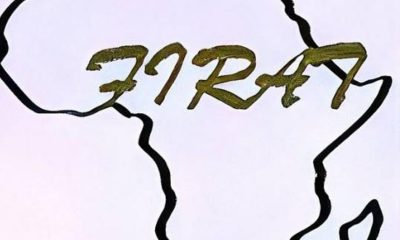
 News4 days ago
News4 days agoFIRAT Offers USD 200,000 SnapGenius Research Facility To Boost Research Excellence In African Universities
-
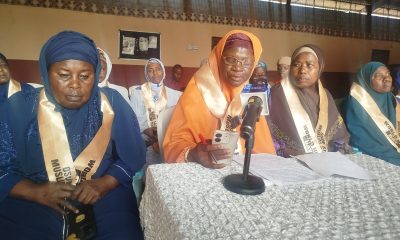
 News5 days ago
News5 days ago2026 World Hijab Day: Osun Muslim Women Decry Discrimination, Demands Protection Of Hijab Rights
-

 News4 days ago
News4 days agoPolice Commence Investigation As Worshiper Mobbed To Death At Osogbo Central Mosque
-
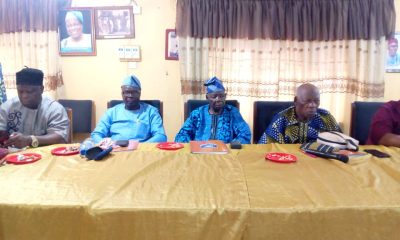
 News4 days ago
News4 days agoPensioners Threaten Legal Action Against States Over Unpaid Pension Increases, Outstanding Entitlements



